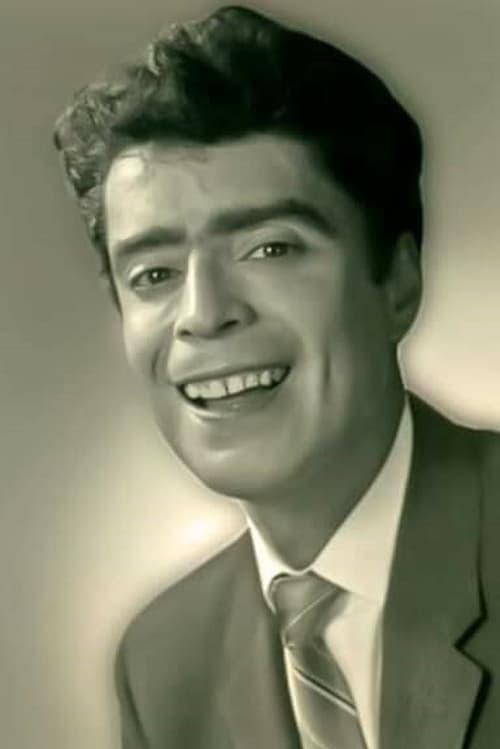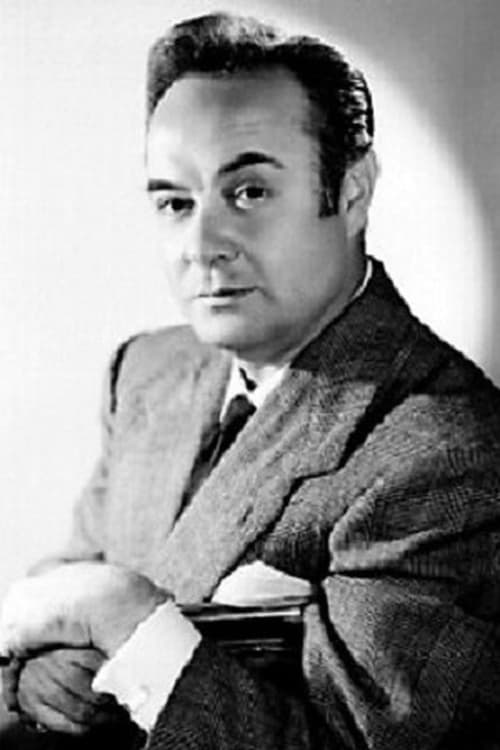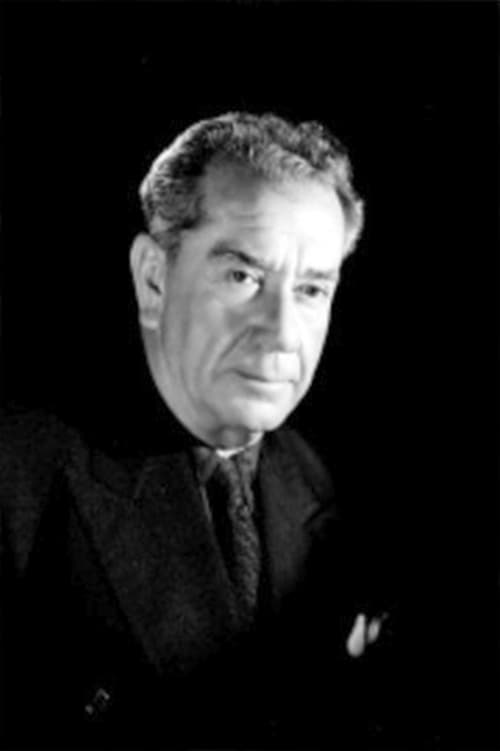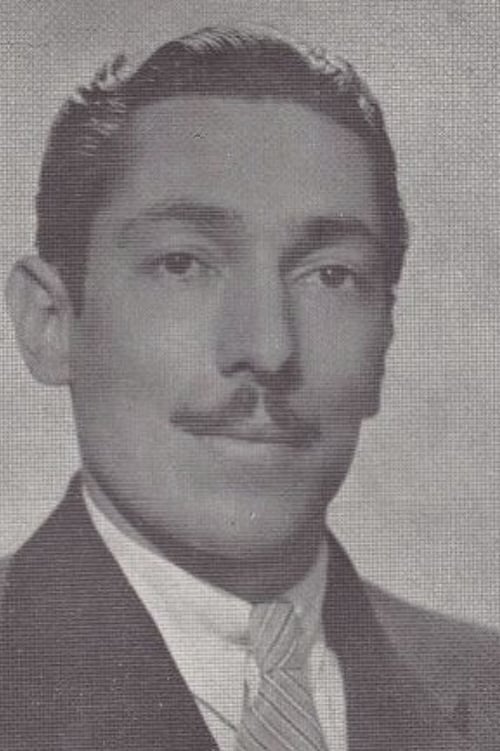Dicen que soy comunista (1951)
Género : Drama, Comedia, Crimen
Tiempo de ejecución : 2H 0M
Director : Alejandro Galindo
Sinopsis
Un obrero agobiado por la crisis económica y el encarecimiento de la vida encuentra accidentalmente la propaganda de un partido político, aparentemente de izquierda, que le convence para incorporarse a sus filas ya que defiende a la clase trabajadora. Tras ingresar mediante en un ritual tan misterioso como esperpéntico, se dará cuenta de la demagogia existente y los arreglos entre los dirigentes sindicales para mantener el estado de cosas sin cambios y lucrarse con prácticas mafiosas.
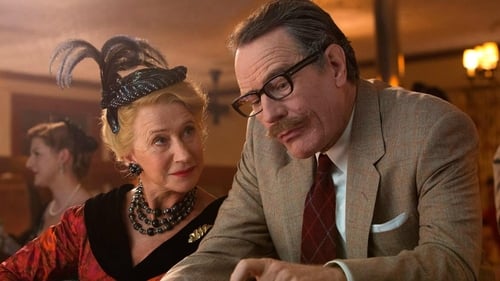
Biopic del famoso guionista Dalton Trumbo. En los años 40, Trumbo, el guionista mejor pagado de Hollywood, disfruta de sus éxitos. Pero entonces comienza la caza de brujas: la Comisión de Actividades Antiamericanas inicia una campaña anticomunista y Trumbo, uno de los llamados 'Diez de Hollywood', entra en la lista negra por sus ideas políticas.
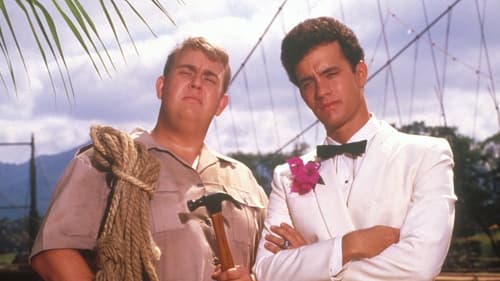
Un joven rico no tendrá más remedio que alistarse en un cuerpo de voluntarios para la paz y marcharse a Tailandia para eludir las deudas contraídas en el juego.

Se centra en la sociedad noruega de la década de 1970, una era dominada por el marxismo y el leninismo.
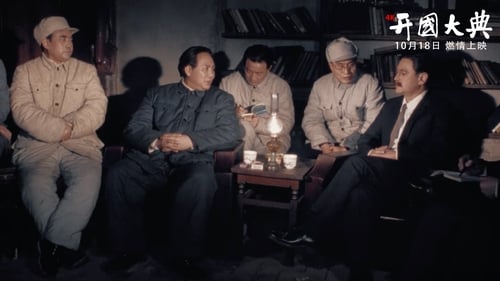
In the spring and summer of 1949, the People's Liberation Army launched an offensive under the orders of Mao Zedong and Zhu De, they crossed the Yangtze River and Nanjing was liberated on April 23 which signaled the fall of the KMT regime, Chiang Kai-Shek fled to Taiwan; on October 1, 1949, Mao Zedong standing on the rostrum of Tiananmen, solemnly declared the foundation of the People's Republic of China.

A joint fight of Macedonian and Greek people against the fascist monarchical government of Greece ended with their defeat in 1949, after many years of bloodshed. Many members of the democratic party DAG, as well as the innocent inhabitants experienced the destiny of political exile.
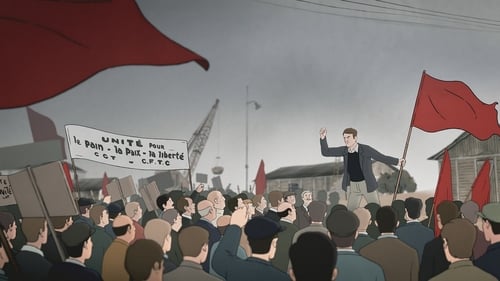
Brest, 1950. The war ended five years ago and nothing remains of the city. Massive bombings and intense fighting lasting more than a month turned the city, its docks, its arsenal, into ashes. Thousands of workers will build it up again, brick by brick. But with awful work conditions protests quickly arise and a strike begins. Violent confrontations happen during manifestations. Until one man falls. The next day René Vautier lands at Brest clandestinely to make a movie about the movement.
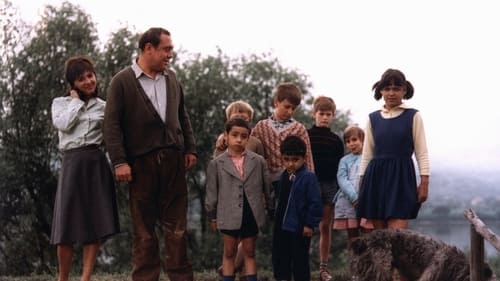
Hungary, 1950s. József Pelikán, who works as a dam keeper on the Danube, meets by chance Zoltán Dániel, an old friend whom he saved from death years before and who is now a powerful politician.

It's 1980. Malin is fatherless, angry, and in trouble. At 20, he's spent a year in jail for assaulting a lover of Lily, his mother. In her desk he finds a soldier's photograph and assumes he's found his father. He confronts the man, now a teacher, and gets nowhere. At home again, he mocks his mother. Finally, she tells him her grim story, from the year before his birth. We see a people's court, where Lily's parents seek justice for their grandchild to be. We follow Lily to a prison camp, to the city where she's told to inform on the only person who's been kind, to an asylum, and finally to her current poverty and loneliness. How will Malin respond to these revelations?

The true history of the anti-government extremist terrorist group's century of violence. Focusing on the group which has caused nationwide rioting and violence, The film – which undermines the mainstream media’s depiction of the group as “just an idea” – has already been censored by YouTube and Vimeo.

Silent Gunpowder (Serbo-Croatian: Gluvi barut) is a Yugoslavian war film Based on a novel by Branko Ćopić and set during World War II, the film tells the story of a Serbian village in the mountains of Bosnia and its villagers who found themselves divided along two opposing ideological lines, represented by the Chetniks and the Partisans. These two opposing sides are personified in the Partisan commander Španac and a former Royal Army officer Radekić. Španac sees Radekić as the cause of villagers' resistance to the new, Communist, ideology and so the main plot axis is the conflict between them. At the 1990 Pula Film Festival, the film won the Big Golden Arena for Best Film, as well as the awards for Best Actor in a Leading Role (Branislav Lečić), Best Film Score (Goran Bregović). The film was also shown at the 1991 Moscow International Film Festival, where both Branislav Lečić and Mustafa Nadarević won the Silver St. George Award for their performances.

Pekín, 1908. China se encuentra en plena decadencia. Puyi, un niño de tres años, es arrancado de los brazos de su madre. En medio de la noche es conducido hasta la Ciudad Prohibida, donde es coronado emperador, aunque tendrá que vivir recluido dentro de ese recinto inaccesible.
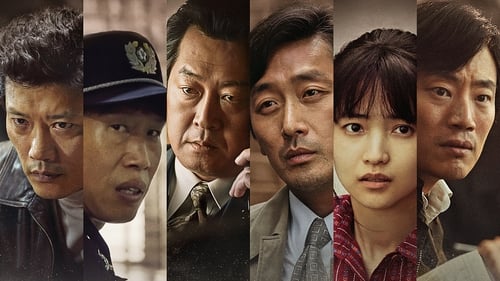
En la Corea de 1987, bajo un régimen militar opresivo, un estudiante universitario muere durante un interrogatorio policial. El gobierno cubre su muerte y ordena su cremación. El abogado encargado de firmar su cremación se pregunta cómo un joven de 21 años puede morir de un infarto y empieza a investigar el caso.
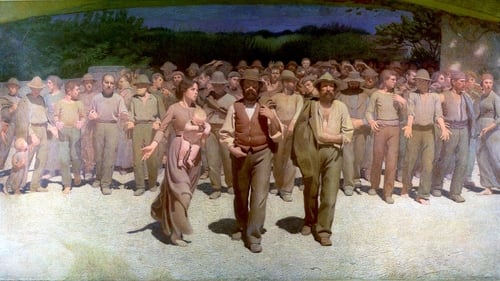
En el año 1901, en una finca en el norte de italia, nacen el mismo día el hijo de un terrateniente y el hijo de un bracero. La película narra la vida de ambos y sus respectivas familias durante ochenta años. La amistad de los protagonistas se verá nublada por sus diferentes actitudes frente al fascismo. Famoso drama que hace un complejo recorrido político y social por la Italia del siglo XX.
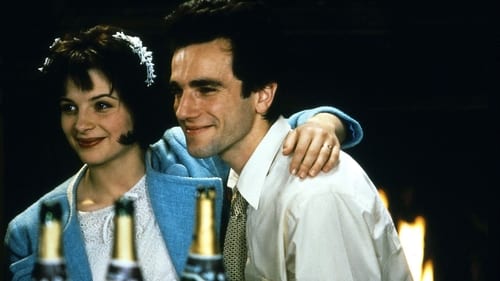
Tomás es médico y un mujeriego empedernido en la Checoslovaquia de los 60, un hombre apolítico que es herido de amor por Teresa, una chica de pueblo. Sabina, su amante más sofisticada, acaba por aceptar la relación de Tomás con Teresa, y entre las dos mujeres nace una buena amistad. Los tres se ven envueltos en la Primavera de Praga (1968), y cuando los tanques soviéticos aplastan a los rebeldes no-violentos, sus ilusiones se hacen añicos y sus vidas cambian para siempre.
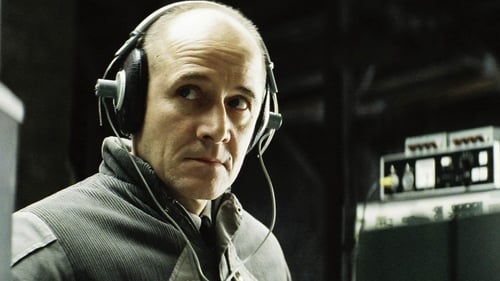
El capitán Gerd Wiesler (Ulrich Mühe) es un oficial extremadamente competente de la Stasi, la todopoderosa policía secreta del régimen comunista de la antigua República Democrática Alemana. Pero, cuando en 1984 le encomiendan que espíe a la pareja formada por el prestigioso escritor Georg Dreyman (Sebastian Koch) y la popular actriz Christa-Maria Sieland (Martina Gedenk), no sabe hasta qué punto esa misión va a influir en su propia vida...


In the spring of 1945 the war is still going on, but in Bulgaria the communists have already seized the power. The new rulers do justice according to their personal interests. This is the beginning of the era of Communism in Bulgaria - spiritual poverty, expropriation, destroying of the intelligentsia. In this chaos the main character, an actress fallen on hard times, wants to preserve her social status with every available means. She claims to be a Communist activist and, in order to gain access to the theater even shows a photo with the Bulgarian communist revolutionary Georgi Dimitrov's dog However, in order to survive, she has to resort to betrayal.

Four lucid grandmothers tell their story forgotten by history: the militancy and resistance of the young women of the leftist youth against the dictatorship of Marcos Pérez Jiménez.

Portugal, 1944. In a country oppressed by a brutal dictatorship, there are those who resist and mobilize the people to fight for bread and freedom, even if it cost them prison, torture or their lives.

Idealistic young man supports the party and the new Yugoslavia's communist regime, but soon gets involved in various political and criminal machinations becoming more and more confused about what's right and what's wrong.

